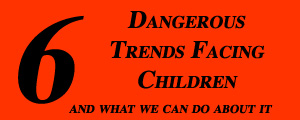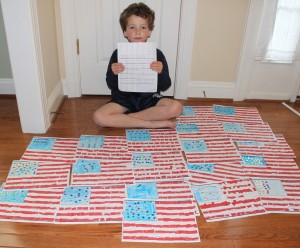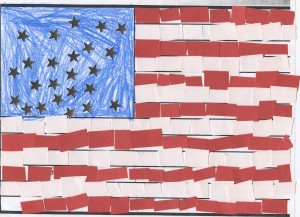Bullying Prevention Begins with Knowledge About Bullying
 Bullying is a relationship issue where power and aggression are used to affect another person. The bullying behavior is done intentionally and is repeated over time. This behavior is not a one time event that can be seen as a usual type of conflict between individuals. The person who is the aggressor develops power over the person who is the target, and as time goes on if left unchecked, the target loses power while the aggressor gains power. The target of this behavior can become increasingly powerless to stand up for themselves.
Bullying is a relationship issue where power and aggression are used to affect another person. The bullying behavior is done intentionally and is repeated over time. This behavior is not a one time event that can be seen as a usual type of conflict between individuals. The person who is the aggressor develops power over the person who is the target, and as time goes on if left unchecked, the target loses power while the aggressor gains power. The target of this behavior can become increasingly powerless to stand up for themselves.
Bullying others may give some a sense of power over their target and a feeling of importance that they may be having a difficult or perceived difficult time obtaining with more positive social behaviors.
Bullying is not a problem that only children have to deal with. Nor is it one that is limited to boys being the perpetrator. While bullying behavior seems to peak in middle school, it begins as early as second grade. Teachers and parents may even be able to see signs of bullying tendency in children as young as preschool aged children. Do not mistake though that the behavior that affords dominance and social status stops when children leave school. This behavior may continue well into adulthood and statistics show that 60 % of children who practice bullying behavior will have criminal convictions by the age of 24.
What is your knowledge of bullying? Take a quiz and see how many myths about bullying you hold? What Is Your Knowledge About Bullying Quiz



